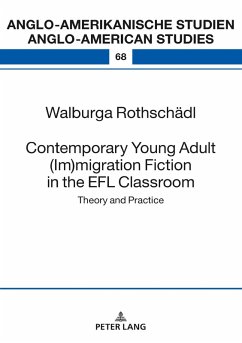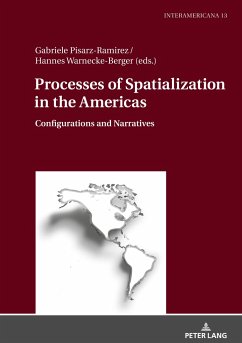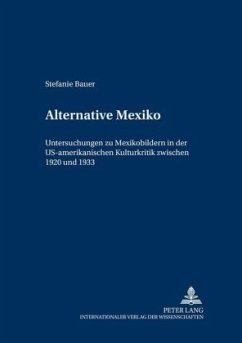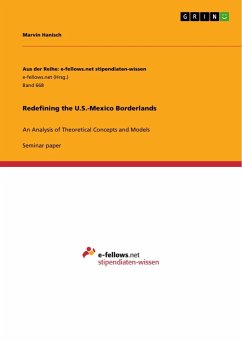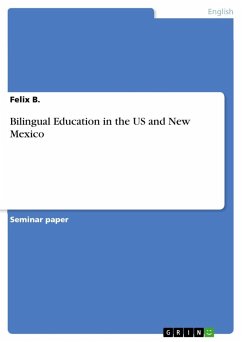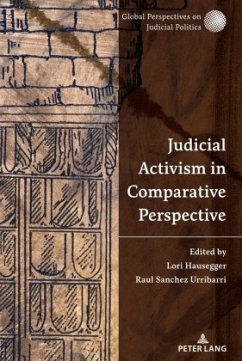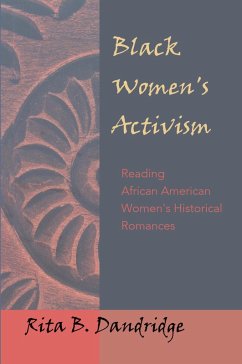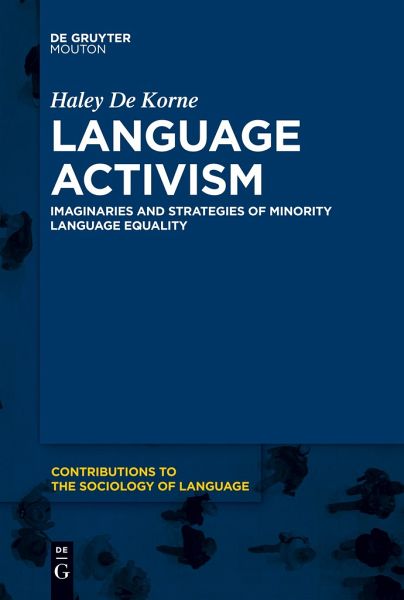
Language Activism
Imaginaries and Strategies of Minority Language Equality
Versandkostenfrei!
Versandfertig in 6-10 Tagen
19,95 €
inkl. MwSt.
Weitere Ausgaben:

PAYBACK Punkte
0 °P sammeln!
While top-down policies and declarations have yet to establish equal status and opportunities for speakers of all languages in practice, activists and advocates at local levels are playing an increasingly significant role in the creation of new social imaginaries and practices in multilingual contexts. This volume describes how social actors across multiple domains contribute to the elusive goal of linguistic equality or justice through their language activism practices. Through an ethnographic account of Indigenous Isthmus Zapotec language activism in Oaxaca, Mexico, this study illuminates th...
While top-down policies and declarations have yet to establish equal status and opportunities for speakers of all languages in practice, activists and advocates at local levels are playing an increasingly significant role in the creation of new social imaginaries and practices in multilingual contexts. This volume describes how social actors across multiple domains contribute to the elusive goal of linguistic equality or justice through their language activism practices. Through an ethnographic account of Indigenous Isthmus Zapotec language activism in Oaxaca, Mexico, this study illuminates the (sometimes conflicting) imaginaries of what positive social change is and how it should be achieved, and the repertoire of strategies through which these imaginaries are being pursued. Ethnographic and action research conducted from 2013-2018 in the multilingual Isthmus of Tehuantepec brings to light the experiences of educators, students, writers, scholars and diverse cultural activists whose aspirations and strategies of social change are significant in shaping the future language ecology. Their repertoire of strategies may inform and encourage language activists, scholars, and educators working for change in other contexts of linguistic diversity and inequality.





